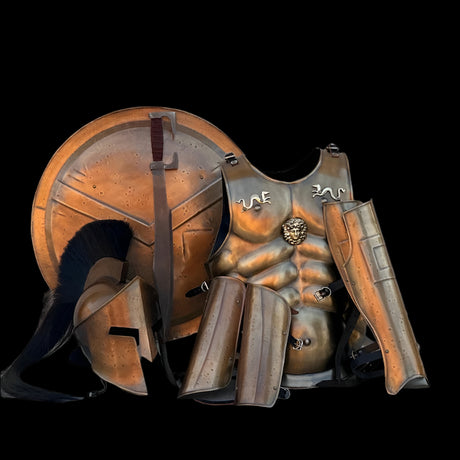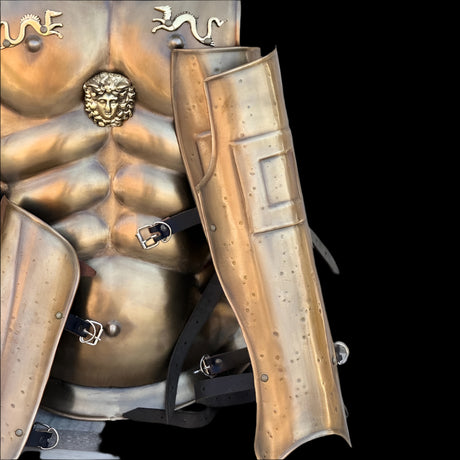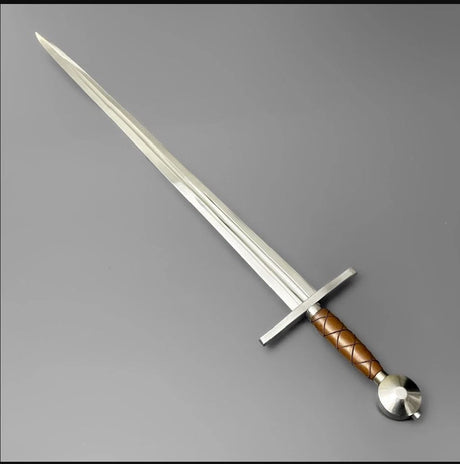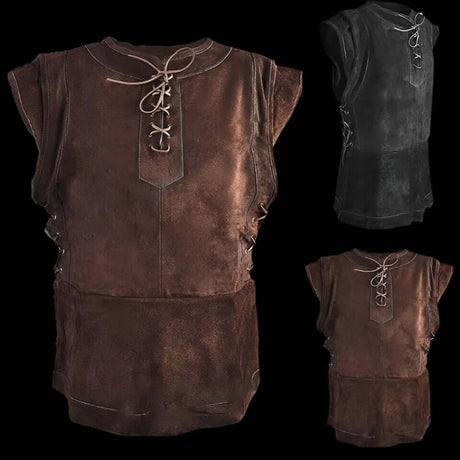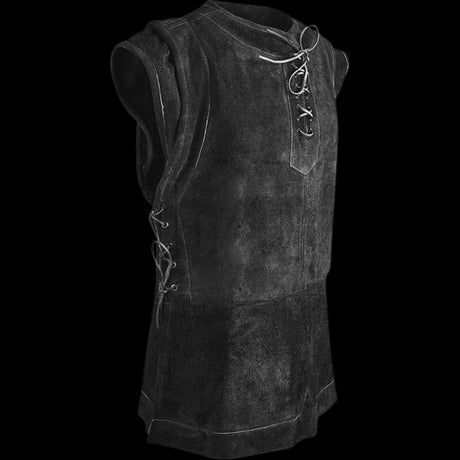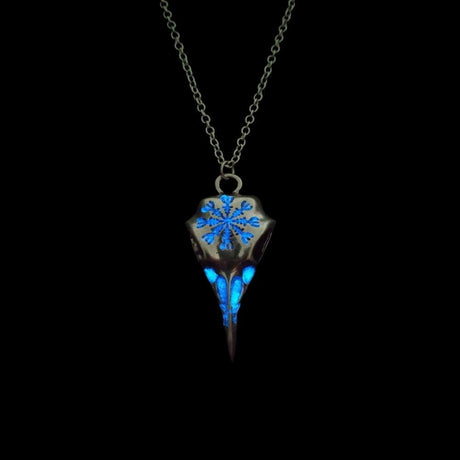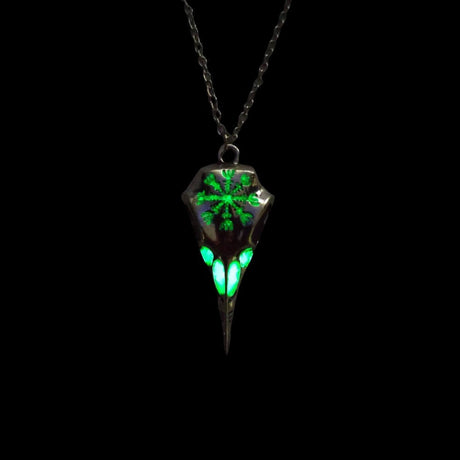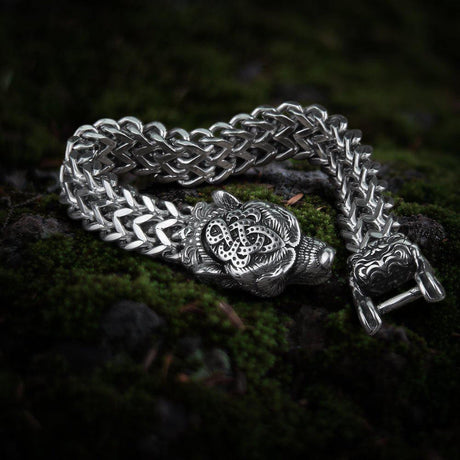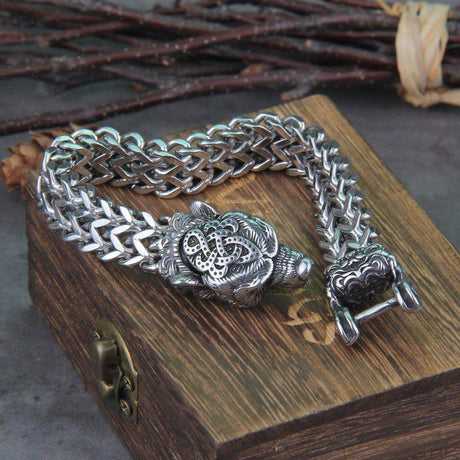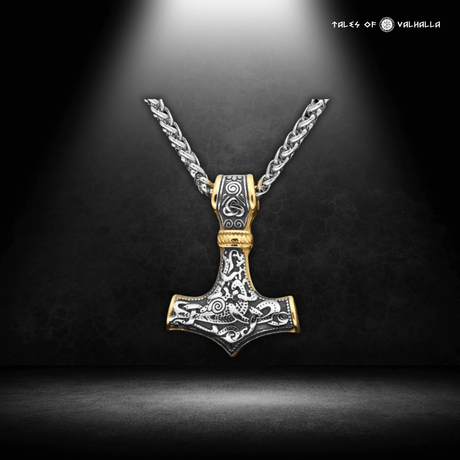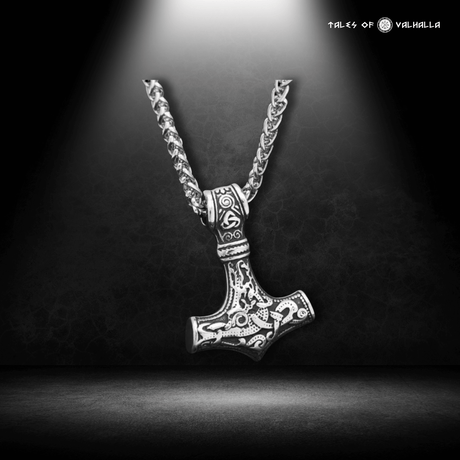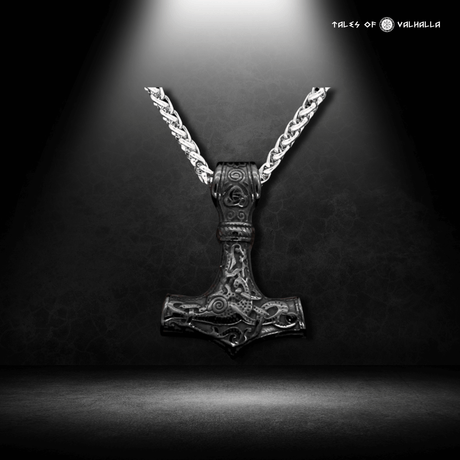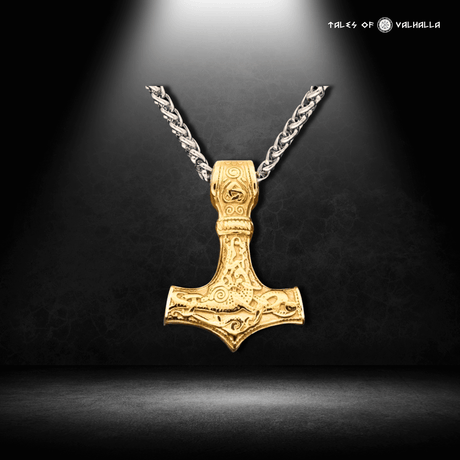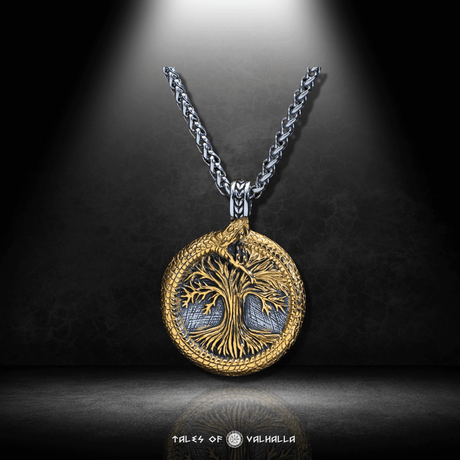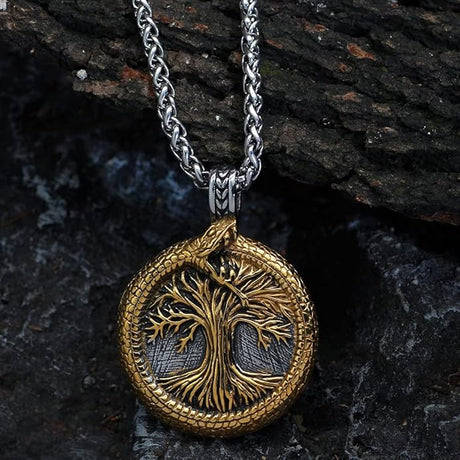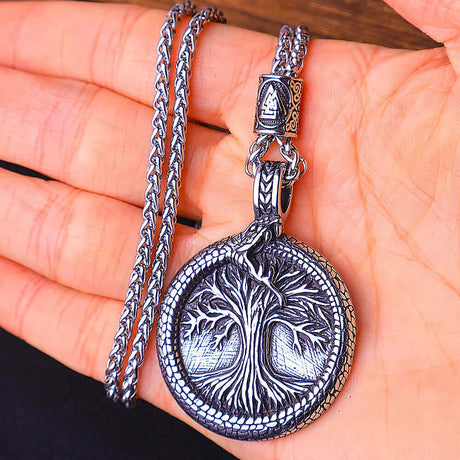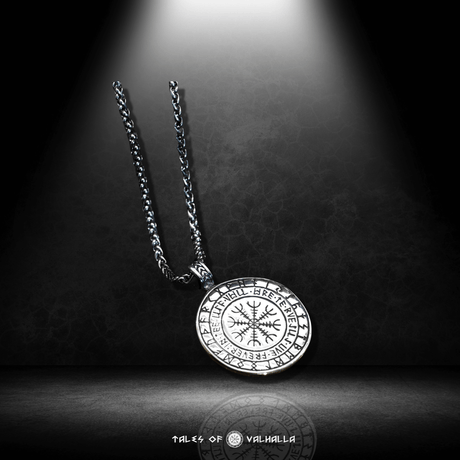In Norse mythology, Loki, the god of stories, has always fascinated scholars and fans. He was known as the trickster god, whose actions led to big consequences. This article explores Loki's misdeeds and his punishment, showing the depth of Norse mythology.

Loki was a complex figure in Norse mythology. He was both loved and feared for his unpredictable nature and love of chaos. His actions, from playful pranks to serious trouble, influenced the stories of the gods.
As Loki's stories unfolded, the gods of Asgard faced the chaos he caused. This led to a major change in his fate. Loki's punishment teaches us about the dangers of mischief and the power of consequences in Norse mythology.
The Mischievous Trickster: Loki's Role in Norse Mythology
In Norse mythology, Loki is a key and complex character. He is known as the god of stories and mischief. His true origins are a mystery, with some saying he's the son of a giant and a goddess, and others claiming he's Odin's son.
Loki's role in Norse stories is very important. He's known for his cleverness and love of tricks. Often, his pranks and tricks cause chaos among the gods.
One of Loki's most famous tricks was stealing the goddess Idunn's golden apples. These apples kept the gods immortal. This act almost led to the end of the gods, showing Loki's unpredictable nature.

Even with his tricks, Loki was key to the stories. His actions, good or bad, moved the stories forward and changed the gods' fates. This mix of good and bad makes Loki a fascinating figure in god stories loki.
| Loki's Traits | Description |
|---|---|
| Trickster | Loki is known for his cunning and mischievous nature, often using his wit and manipulative skills to cause chaos among the gods. |
| Shapeshifter | Loki has the ability to transform into various creatures, including a salmon, a horse, and a fly, adding to his unpredictability. |
| Disruptive | Loki's actions frequently disrupt the order and harmony of the Norse pantheon, leading to consequences that test the gods' resilience. |
Loki's role as the loki the god of stories in Norse mythology shows how complex characters capture our imaginations. His story has inspired many retellings and adaptations in popular culture.
Unraveling the Tales: Loki's Misdeeds and Transgressions
In Norse mythology, Loki's story is full of misdeeds and transgressions. He was the trickster god, always getting into trouble with the other gods. His actions often led to big problems.
Loki stole the golden apples that kept the gods immortal. He took them from Idunn, the goddess who kept the apples safe. This act threatened the gods' immortality and power.
But that wasn't the end of Loki's wrongdoings. He also caused the death of Baldr, a god loved by all. This event was a huge blow to the gods and hinted at the coming end of the world, Ragnarök.
Loki's transgressions weren't just against the gods. He also clashed with giants, the gods' enemies. His cleverness and deceit made him a powerful foe. His stories are full of his tricks and the chaos he caused.
Even though Loki caused a lot of trouble, he had a purpose in Norse mythology. He represented the unpredictable and the unknown. His actions challenged the gods and pushed their limits.
"Loki, the trickster god, was a force to be reckoned with, his transgressions echoing through the ages and serving as a reminder of the power of the unpredictable in the god stories of the Norse pantheon."

The Punishment of Loki
In Norse mythology, the story of Loki's punishment is fascinating. Loki, the god of mischief, did many wrongs against the gods. His biggest mistake was helping to kill the god Balder.
Loki wanted chaos and trickery. He convinced the blind god Höðr to throw a mistletoe dart at Balder. This was the only thing that could hurt Balder, and it made the other gods very angry.
They caught Loki and gave him a harsh punishment. He was tied to a rock with his own son's guts. A venomous snake was put above his head, dripping venom on his face.
Loki's wife, Sigyn, tried to help him by catching the venom in a bowl. But when the bowl was full, she had to empty it. This let the venom keep dripping on Loki, making him suffer a lot.
This was a never-ending torture for Loki. It was a punishment for all the trouble he caused in Asgard. Loki's story teaches us about the dangers of betraying others and the need for balance and harmony.
Loki's punishment was a gruesome and fitting end to his mischievous ways, a cautionary tale of the price one pays for betraying the gods.
The Symbolism Behind Loki's Punishment
Loki's punishment in Norse mythology is full of deep meaning. It shows us the themes and lessons of these old stories. The symbolism of Loki's punishment goes beyond just his tricks and lies. It gets into the core of what the Norse believed.
Loki's punishment shows us the value of balance and order. As a trickster, Loki tried to upset the balance in the divine world. His punishment teaches us the need to keep things in harmony and respect the natural order in loki norse mythology stories.
Loki's punishment also talks about justice and getting what you deserve in Norse stories. The gods saw it right to punish Loki for his actions. They showed that what you do has effects and there's a limit to how much chaos you can cause.
| Symbolic Aspect | Significance |
|---|---|
| Balance and Order | Loki's punishment reminds us to keep harmony and balance in the divine world. |
| Justice and Retribution | The punishment shows the idea of being responsible for your actions and the limits of chaos. |
| Transformation and Duality | Loki's change into a bound figure shows his two sides: a trickster and a key part of the universe. |
The symbolism of Loki's punishment also looks at transformation and being two things at once. Loki becoming a bound figure shows his two sides: as a trickster and as a needed part of the universe. This shows how complex the Norse gods and goddesses were, with even the troublemakers playing a key role in keeping the universe balanced.
Looking into Loki's punishment helps us understand the deeper themes of loki norse mythology stories. These stories teach us about balance, order, justice, and getting what you deserve. They offer insights that still move and inspire us today.
Exploring Loki's Punishment in Popular Culture
Loki, the trickster god of Norse mythology, has been fascinating people for centuries. His fun and dramatic punishment has led to many adaptations in popular culture. From books to art and movies, Loki's story has shaped how we see him today.
In books, Loki's punishment is a big theme. Authors like Neil Gaiman and Tom Holt have made his story even more interesting. Gaiman's "Norse Mythology" tells Loki's story in a vivid way. Holt's "Olympiad" series mixes old myths with today's world, showing Loki as the god of stories in a new light.
Artists have also been inspired by Loki's punishment. They show him chained in ways that are both striking and symbolic. Artists like Sana Takeda and Kameron Gates have made art that shows the deep feelings and power in Loki's story.
In the Marvel Cinematic Universe, Loki is a big star. Tom Hiddleston's role as Loki has made him popular with a new audience. This series explores Loki's loki's punishment in popular culture and his complex relationship with his brother, Thor.
Loki's story keeps changing, but people are still very interested in his punishment. The many ways he is shown in popular culture not only entertain us. They also make us think about themes like redemption, consequence, and the power of stories.
Loki's Legacy: Enduring Influence in Mythology and Literature
Loki, the god of stories in Norse mythology, has made a lasting impact on mythology and literature. His trickster archetype has inspired many creative works over the years. This shows how his character has deeply influenced art and stories.
Loki's role as the god of stories is fascinating. He's known for his skill in telling tales and his love for mischief. These traits have made him a favorite among audiences across different cultures and times. Writers and storytellers find him intriguing, exploring his complex nature and the lessons from his punishment.
From old sagas to today's stories, Loki's impact is still felt. Loki's trickster persona is now a key part of modern literature and popular culture. He challenges traditional ideas of heroism and morality.
"Loki's punishment is a testament to the power of stories and the enduring appeal of the trickster figure in mythology and beyond."
Loki's story has sparked deep analysis and artistic works. Scholars and artists look into the symbols of his bonds and the themes of consequence and redemption. This keeps Loki's story alive and sparks important discussions.
Loki's role as the god of stories has made his influence last. He inspires new writers, artists, and thinkers to delve into his complex character. His misdeeds and punishment continue to shape stories and art.
The Lessons and Morals of Loki's Punishment
The story of Loki's punishment in Norse mythology teaches us a lot. Loki, the god of mischief, often went too far. His actions led to big problems for him and others. From his story, we learn about being responsible, finding balance, and how our choices affect things.
Loki's story teaches us about the consequences of our actions. His betrayal, like killing the god Balder, led to his downfall. This shows us that our actions, no matter how clever or playful, can come back to haunt us. The gods' reaction to Loki warns us to think about the chaos we cause.
Loki's punishment also shows us the importance of balance in the world. As the god of mischief, Loki was a needed but tricky part of the Norse gods. Being tied to a rock with a snake that poisons him shows the need to keep chaos in check. It reminds us that even the most playful elements must be balanced for the world to stay stable.
| Lesson | Explanation |
|---|---|
| Accountability | Loki's punishment shows us the results of his actions, stressing the need to own up to our choices. |
| Balance and Order | Loki's punishment symbolizes the need to keep chaos and harmony in balance in the world. |
| The Impact of Choices | Loki's actions had big effects, showing us how our decisions can change things for us and others. |
The story of Loki's punishment reminds us of the wisdom in old myths. By looking into these stories, we can understand ourselves better. We learn how to think carefully about our actions and their effects.
Unveiling the Mysteries: Theories and Debates Around Loki's Punishment
The stories of Loki's punishment in Norse mythology have led to many theories and debates. Scholars and fans have looked closely at the symbolism and depth of this story. They aim to understand the trickster god's fate better.
One theory is that Loki's punishment, being tied to a rock with a snake's venom on his face, shows his dual nature. His mix of mischief and destructive actions being held back and punished highlights the battle between chaos and order in Norse stories.
| Theories on Loki's Punishment | Key Debates |
|---|---|
|
|
Another idea is that Loki's punishment teaches a lesson. The harsh details of his suffering were meant to show the severe consequences of betraying the gods.
"Loki's punishment represents the eternal struggle between chaos and order in the Norse cosmology, a testament to the power of the gods to maintain balance in the universe."
Some believe Loki's punishment shows the universe's cycle of death and rebirth. His being bound and then freed, facing more punishment, symbolizes the ongoing cycle of creation, destruction, and renewal in Norse beliefs.
As discussions on Loki's punishment grow, experts and fans keep exploring the stories. They find new insights and interpretations that deepen our understanding of the trickster god's story.
Conclusion
Loki's punishment in Norse mythology has left a lasting impact on Scandinavian culture. This tale has fascinated people for centuries. It shows the dangers of going beyond what's right.
We looked into Loki's wrongdoings and the deep meaning behind his punishment. His story teaches us about the risks of being too proud and the importance of balance in life.
Loki, the god of stories, has become a key figure in Norse mythology. His story has spread far beyond Scandinavia, touching hearts and minds around the world. It reminds us of the lasting power of stories to teach and inspire us.
FAQ
What was Loki the god of in Norse mythology?
Loki wasn't seen as a god in Norse mythology. He was more like a trickster, known for causing trouble and chaos. He didn't have a specific domain but his actions often upset the other gods.
What were some of Loki's most famous misdeeds in Norse mythology?
Loki was famous for many misdeeds. He stole the goddess Idunn's golden apples, killed the god Baldr, and tricked the gods into binding the wolf Fenrir.
How was Loki punished for his actions in Norse mythology?
Loki was punished by being tied to a rock. A serpent dripped venom on his face. This was for his role in Baldr's death, which made the other gods angry.
What is the symbolic significance of Loki's punishment in Norse mythology?
Loki's punishment shows the dangers of trickery and upsetting the natural order. It teaches us about the balance and justice in the divine world. It also shows the importance of being responsible for our actions.
How has Loki's punishment been portrayed in popular culture?
Loki's punishment has caught the eye of many in popular culture. It has inspired many works in literature, art, and media. These stories often focus on justice, revenge, and Loki's complex nature.
What are some of the key lessons and morals that can be drawn from Loki's punishment in Norse mythology?
Loki's punishment teaches us about the risks of trickery and upsetting the balance. It stresses the need for accountability and shows that actions have consequences, even for gods.


















